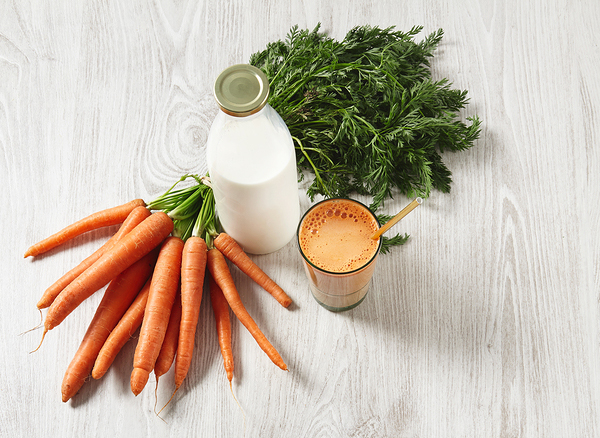The trend towards high pressure processing (HPP) in food and beverages in Australia hasn’t gone unnoticed.
SMH reports that consumers will be able to buy unpasteurised milk legally for the first time in Australia from Thursday. Sydney company Made by Cow has obtained the approval of the NSW Food Authority to use HPP as an alternative to conventional heat pasteurisation and sell “cold-pressed raw milk”. “While the product is labelled “cold-pressed raw milk”, the NSW Food Authority says it doesn’t recognise it as raw milk because it has undergone “high pressure processing” to eliminate pathogens.” Cold pressed is usually used in juice and refers to juice that is squeezed from fruit and vegetables.
High Pressure Pasteurising (HPP) has been in use in other industries for quite some time. For the first time, an Australian company milk product will be processed by HPP for commercial use by The Made by Cow company. It may be the first in the world to use an HPP process for commercial milk. This stands a significant chance of disrupting the industry due to the dramatic savings in energy related costs associated with traditional pasteurisation. Here we explore the benefits of HPP and how this technology can add value to your food production business.
HPP, unlike many heat treatment processes,can be achieved post packaging and often with minimal impact to flavour or texture. An excellent example of this is orange and apple juice where the HPP process seems to have no effect on texture or taste of the finished product. HPP juices have become the premium brand products.
Sectors such as dairy, ready meals, pharmaceuticals, baby food, wet salads, fruit, seafood, smallgoods and chicken are positioned well to take advantage of HPP technology
Key benefits of HPP include:
- improved food safety by post packaged pasteurisation
- improved food quality often matching that of fresh produce
- extension in shelf life providing the ability to send products to previously unreachable markets.
- uses much less energy than other processes
These benefits can often result in a premium checkout price.
Should the cold pressed trend continue and HPP reaches a critical mass through continued growth, many food processors will be looking to add this technology to their existing processes, in order to keep ahead of the herd.
Below is an excellent short video from Millard Refrigerated Services of how HPP works and its key benefits.
During IFFA, Arthur Seiler picked Hiperbaric’s latest 525 High Pressure Pasteuriser (HPP) as one of his top finds, read about this here.
Talk to Wiley for help with your feasibility, design and infrastructure requirements if your company is considering implementing HPP technology.



